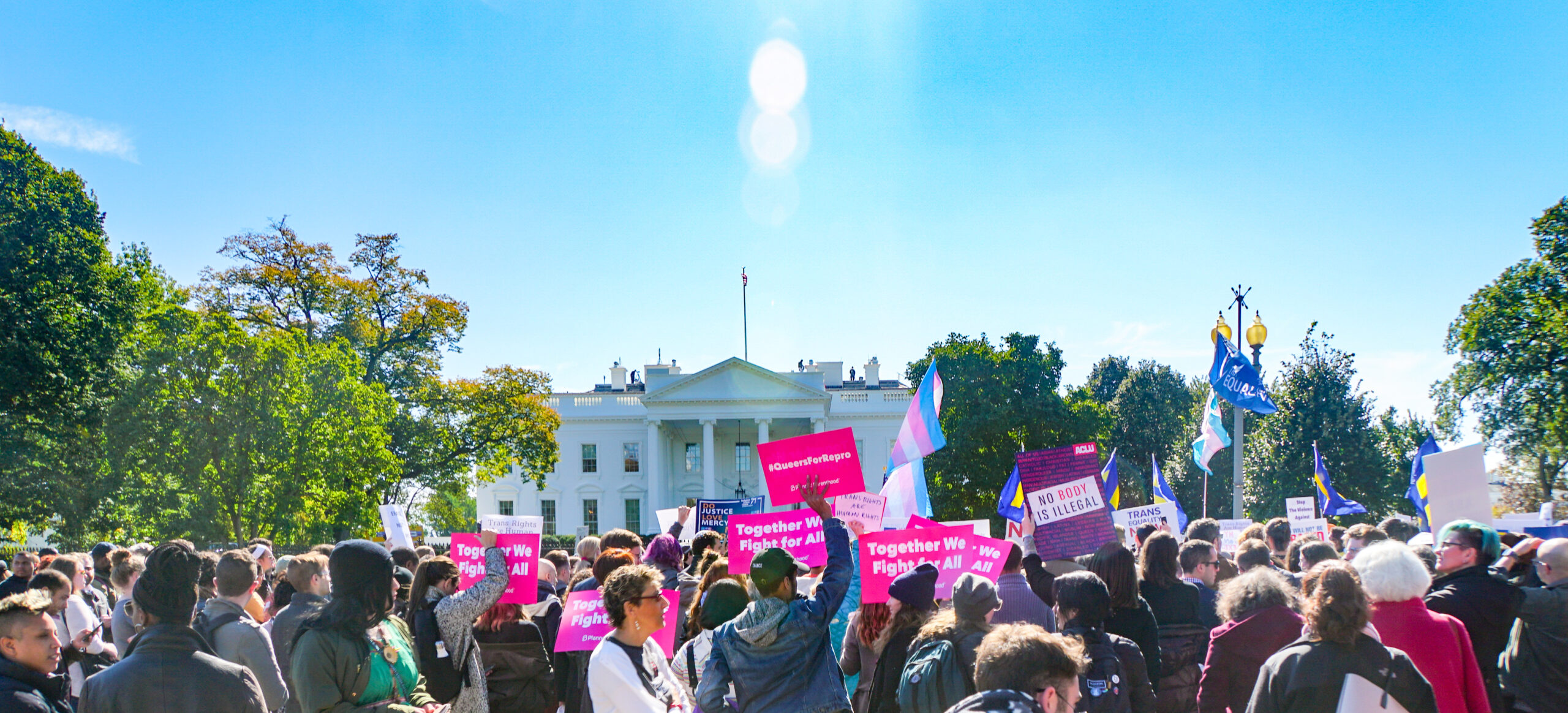West Virginia University (WVU) finds itself at a crossroads, grappling with a severe financial crisis while state leaders prioritize economic development and innovation. With a staggering $45 million budget shortfall and projections of it soaring to $75 million in five years, WVU is considering drastic measures, including cutting 32 programs and eliminating its entire foreign languages department. This crisis has ignited a debate about the role of education, diverse academic offerings, and the shifting priorities in higher education, all against the backdrop of West Virginia’s unique challenges.

The Financial Conundrum
The financial woes plaguing WVU can be attributed to several factors, including dwindling enrollment, revenue losses during the COVID-19 pandemic, and mounting debt from construction projects. The university’s ambitious expansion plans did not align with the declining student population, leading to a 10% drop since 2015. WVU’s substantial investment in infrastructure projects, such as a $100 million business school building, a $35 million classroom renovation, and $41 million in football team facility upgrades, has also drawn criticism.
Academic Transformation
To address this crisis, WVU has proposed an “academic transformation.” This includes the potential elimination of 32 programs, impacting 9% of the majors offered at its Morgantown campus. The most controversial move is the proposed removal of the entire department of world languages, literatures, and linguistics, a decision that has raised eyebrows due to its rarity among flagship universities.
A Glimmer of Hope
Meanwhile, state leaders, particularly GOP officials, are focusing on economic development, exemplified by the allocation of $45 million for Marshall University’s cybersecurity center. While these initiatives are vital for the state’s future, WVU supporters argue that the university’s diverse academic offerings provide unique opportunities for students and should not be sacrificed.
The Value of Education
The crisis at WVU has ignited a debate over the value of education, particularly in rural areas. GOP officials emphasize degrees that lead to jobs, reflecting a broader trend in higher education towards a more business-oriented approach centered on “return on investment.” However, critics argue that this approach may endanger liberal arts studies for most students, reserving them for elite institutions. The fundamental question remains: how should we assess the value of education?
The Human Impact
Beyond the financial numbers, the crisis at WVU has deeply affected students and faculty. Many students like Joey Demes feel that their chosen majors are under attack, while faculty members like Lisa Di Bartolomeo worry about the profound, long-term impact of program cuts. Mary Manspeaker’s story, of leaving West Virginia and then returning to find her chosen field devalued, illustrates the personal toll of these decisions.
Conclusion
The crisis at West Virginia University serves as a microcosm of the broader challenges facing higher education institutions across the United States. As WVU grapples with tough decisions to address its financial woes, it raises essential questions about the role of education, diversity of academic offerings, and the true value of knowledge. Whether this crisis will lead to a reevaluation of priorities in higher education or serve as a precedent for more drastic cuts remains uncertain, but its impact will undoubtedly resonate beyond the university’s campus.

